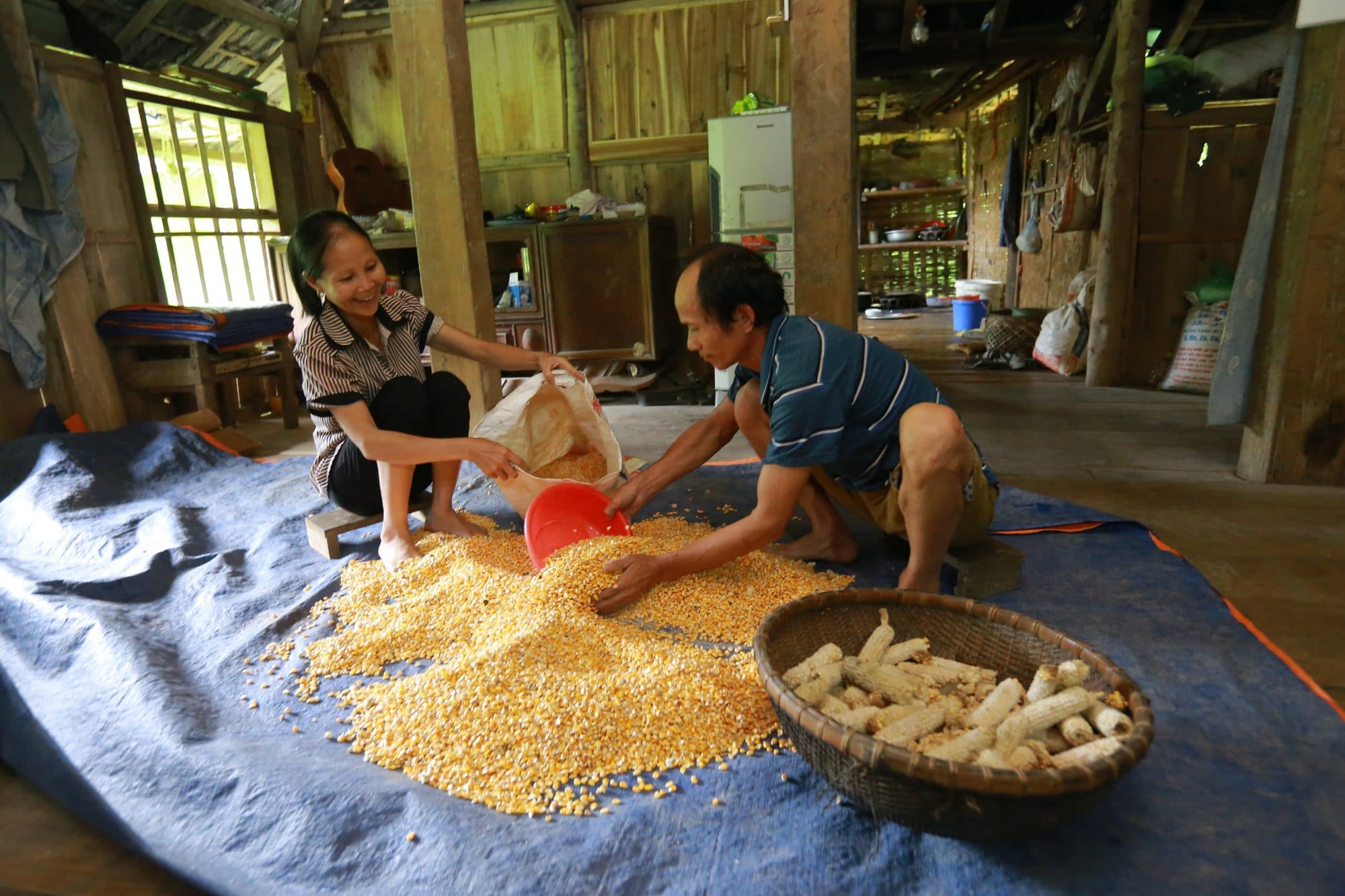Planning for Resilience
Planning for Resilience
A Practitioner’s Manual to Support Community-Based Adaptation to Climate Change
Communities in Vietnam and around the world are already confronted with climate change and its adverse impacts on their lives and livelihoods. Autonomously and with local authorities, they proactively deal with the challenge by taking action. It is important, however, that these actions are informed by the latest climate information, local adaptation knowledge and best practice.
CARE’s Community Based Adaptation (CBA) approach supports communities and local authorities to understand the challenges they face and to take appropriate actions that result in climate resilient development. Planning is an essential element of CBA, and involves analyzing, identifying and prioritizing action to enable managing the risks and uncertainties associated with a changing climate. CBA planning provides a forum and opportunity for multi-stakeholder learning and dialogue and building strong partnerships. It also intends to influence local development plans and aims for sustainability and replication through government ownership.
Drawing on numerous other guides and sources as well as field experience from the Integrated Community Based Adaptation in the Mekong (ICAM) project, funded by the Australian Government, this manual provides clear and detailed step-by-step guidance on how to undertake participatory, gender responsive community based adaptation planning. It also provides a range of up-to-date participatory tools and resources that will help in conducting the CBA planning process.
In order for the CBA planning to work and make a lasting impact it is essential to invest in strengthening the capacity of key stakeholders and ground the CBA planning methodology in local development planning processes and practice. This manual, therefore, builds strongly on Government of Vietnam’s policies and guidelines on community based disaster risk management (CBDRM), climate change and socio-economic development planning (SEDP). However, with necessary adjustments, it is applicable and useful in other country contexts.
